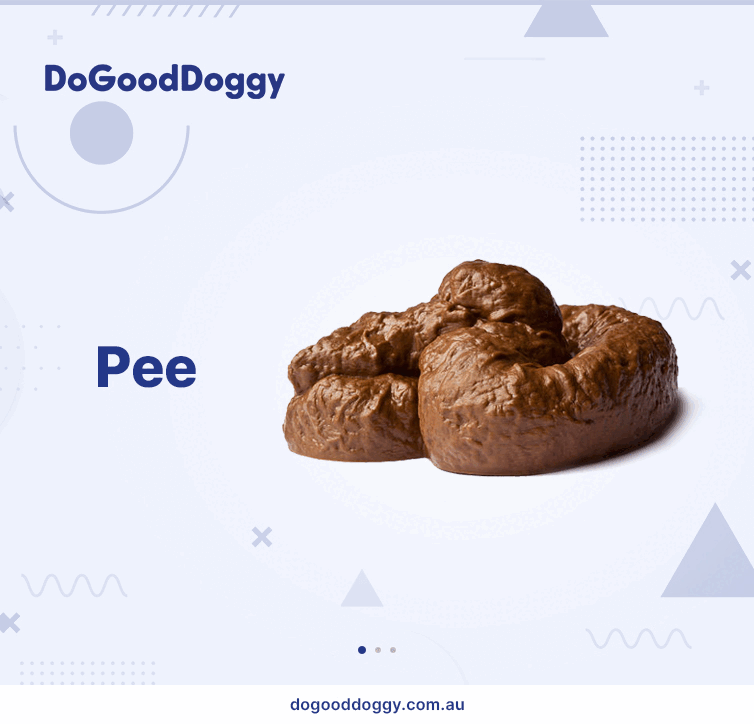Do Dog Owners Need a Licence to Breed Dogs in Australia?
Do you need a license to breed dogs in Australia? Generally, yes, but the requirements and application processes vary by state. Joining nationwide organisations like Responsible Pet Breeders Australia (RPBA) can simplify these processes and guide you through becoming an ethical breeder quickly and easily.
Here’s what you need to know about the requirements per state as a dog owner.
Queensland
Any dog owner whose dog gives birth to a litter must register as a dog breeder with the Queensland government. This includes people who plan to give their dogs away instead of selling them, as well as dogs who had unexpected litters.
When to apply: Within 28 days of the birth of your dog’s first litter
Penalties: Fines of up to $6,100
Exceptions:
- breeders of working dogs living on rural land who intend to sell their puppies as working dogs to owners also living on rural land
- breeders registered with Dogs Queensland
- dogs born before 26 May 2017
- breeders registered with Queensland Racing Integrity Commission, Logan City Council, or Gold Coast City Council
For more information on breeding and selling puppies in Queensland, visit the Queensland government website.
Victoria
The regulations vary depending on how many breeding dogs you own. Dog owners with up to 10 fertile dogs are considered recreational breeders or breeding domestic animal businesses. If you fall into these categories, you must register with your local council, Dogs Victoria, or another approved organisation like RPBA. People with more than 10 dogs are considered commercial dog breeders and must register with their local council and the Minister for Agriculture.
When to apply: Varies depending on classification
Penalties: Fines of up to $30,000 for illegal puppy farms, ban on selling dogs for up to 10 years
Exceptions:
- “microbreeders” who only breed up to 2 dogs
For more information, visit the Victoria government website.
New South Wales
In New South Wales, all dogs must be microchipped by the age of 12 weeks and before being sold. Breeders are required to register for a breeder identification number through the New South Wales Pet Registry.
When to apply: Within 12 weeks of birth and before selling or giving away the puppy
Penalties: Fines between $330 and $5,500
Exceptions:
- breeders registered with Dogs New South Wales or another approved organisation
- working dogs listed under the Companion Animals Act 1998 exemptions
For more information on obtaining your breeder identification number, visit the New South Wales Pet Registry website.
South Australia
All pet owners whose dogs give birth to a litter (even an unexpected one) must register with the Dog and Cat Management Board. Breeders will receive a registration number, which must be displayed in all advertisements. While the registration is active, dogs aren’t required to be spayed or neutered. However, when the registration expires, this exemption also expires — the dog must then be spayed or neutered if the license isn’t renewed.
When to apply: By 12 weeks of age and before being sold
Penalties: Fines up to $5,000 plus expiation fees
Exceptions:
- breeders registered in another jurisdiction or with another approved organisation (in accordance with the Dog and Cat Management Act 1995)
Tasmania
Breed license requirements vary depending on local laws. Check with your local council to learn more. Dog owners of restricted breeds, including the American Pit Bull Terrier, Dogo Argentino, or Tosa, may be subject to additional requirements.
Western Australia
Currently, dog breeders in Western Australia don’t need a license. However, this will soon change.
The Western Australian government is currently revising its animal protection laws, which will change the requirements for breeders. To learn more and stay updated, visit the Western Australia government website.
Now that you know why Australian states require dog breeders to be licensed, learn how to apply for your dog breeding license.
BIO:
Mel Lee-Smith is a freelance managing editor with Wag!, America’s #1 pet care app. From dog walking and overnight pet care services to training and grooming tips, Wag! is a “furrific” resource for pet parents.







